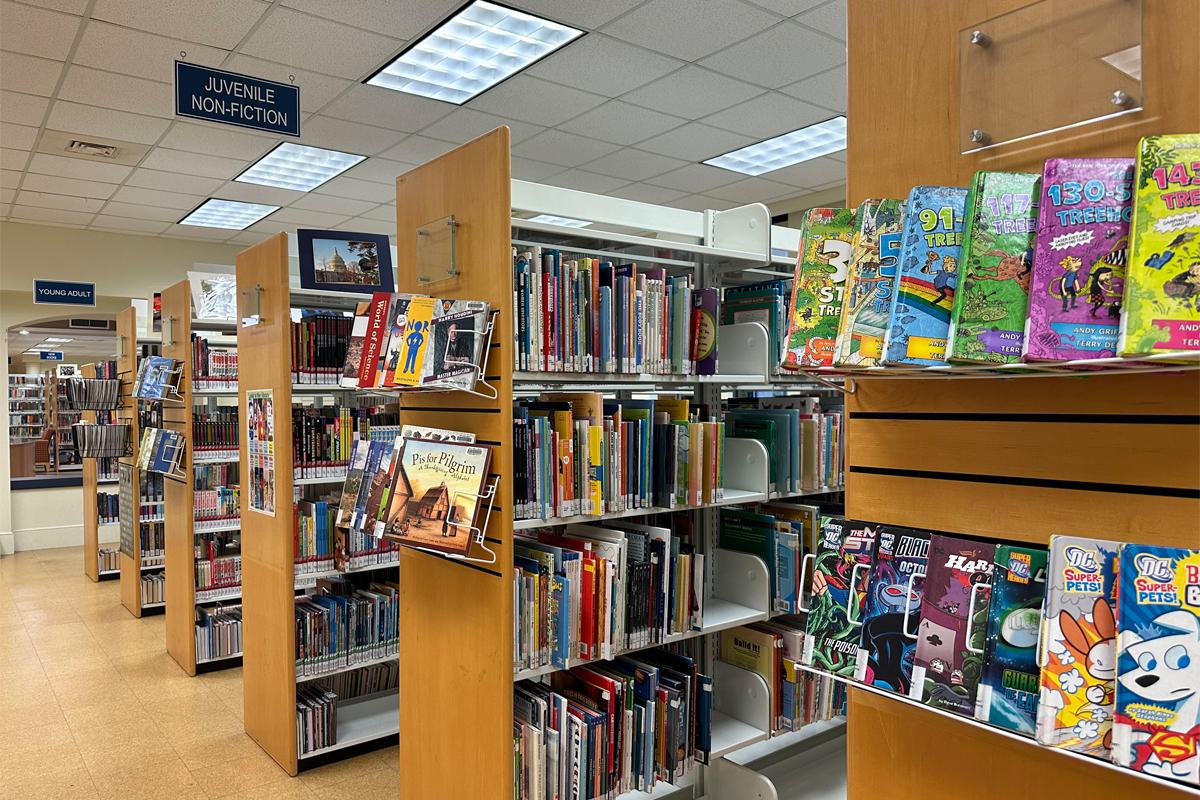After the House of Representatives passed legislation removing school and public library's immunity from the state's obscenity laws, advocates on both sides of the sexually explicit book debate weighed in on the decision.
On Wednesday, the Alabama House of Representatives passed legislation removing the obscenity exception for public schools and libraries while removing previous restrictions in the bill that banned drag shows where minors are present.
The state's obscenity laws do not apply to public libraries, public school libraries, college libraries, university libraries or their employees. House Bill 385 (HB 385) would provide that criminal obscenity laws do not apply to college or university libraries or their employees or agents but do apply to public libraries and public school libraries.
After only an hour-and-a-half of debate, the legislation passed the House with a vote of 72-29.
The bill came as a response to the controversy in Alabama surrounding sexually explicit library books. What started as a small group of concerned residents in Prattville soon took over the state, with local residents challenging their local libraries all across the state.
Clean Up Alabama, the statewide organization formed out of the Prattville library situation, has been advocating for the removal or relocation of sexually explicit library books intended for minors for the better part of a year. Clean Up Alabama applauded the passing of HB385, calling it a "great step toward protecting children."
"Clean Up Alabama is glad to see that today the Alabama House of Representatives recognized that public libraries should be held accountable to the same obscenity laws as everyone else and that they should face consequences for exposing children to harmful materials. This is a great step toward protecting children in our Alabama libraries. Now it is the Senate's turn to do right by our kids and get this bill to the Governor's desk to be signed into law."
On the other hand, the Alabama Library Association (ALLA) has ubiquitously supported people and groups fighting against Clean Up Alabama and others wanting to address the books.
ALLA is the state chapter of the American Library Association (ALA), which has been at the center of the nationwide controversy on library books due to its staunch support of sexually explicit library books.
Related: State library system votes to withdraw from American Library Association
ALLA president Craig Scott condemned the bill's passage, saying it is only an effort to criminalize and persecute librarians.
"The message is clear – don't arrest Alabama librarians and stop turning our libraries into political battlefields," Scott said. "Montgomery politicians are now seeking to criminalize librarians simply for doing their jobs. Under HB385, even with the revised language, public and school librarians could be penalized or even arrested by prosecutors eager to follow the demands of Alabama Republican Chair John Wahl, an Alabama Public Library Service Board member, who's willing to jail librarians for having books he considers unacceptable. This bill is government overreach, robs parents of their rights, and would have a chilling effect on free speech by potentially incarcerating librarians because particular books are available, including even the Bible. "
Current law states, "It shall be unlawful for any person to knowingly distribute, possess with intent to distribute, or offer or agree to distribute any obscene material or any device designed or marketed as useful primarily for the stimulation of human genital organs for anything of pecuniary (monetary) value. Material not otherwise obscene may be obscene under this section if the distribution of the material, the offer to do so, or the possession with the intent to do so is a commercial exploitation of erotica solely for the sake of prurient appeal."
The state's obscenity laws do not apply to public libraries, public school libraries, college libraries, university libraries or their employees. HB 385 would provide that criminal obscenity laws do not apply to college or university libraries or their employees or agents but do apply to public libraries and public school libraries.
The law would provide that if an individual believes material in a school or private library violates the bill's statutes, a letter must be sent to the library director, school superintendent and local district attorney.
If the material is deemed to violate the law, it must be removed within seven days of notice. The first violation is a Class C misdemeanor. A second violation is a Class B misdemeanor, and third and subsequent violations are Class A misdemeanors. This changes the existing code for distributing obscene material, which carries a Class C felony charge with a second or subsequent violation.
To connect with the author of this story or to comment, email craig.monger@1819news.com.
Don't miss out! Subscribe to our newsletter and get our top stories every weekday morning.










